JCB-JEM Symposium: Tackling Cancer Plasticity and Heterogeneity
Meeting summary:
On October 9, 2018 the Journal of Cell Biology (JCB) and Journal of Experimental Medicine (JEM) presented a free, one-day symposium on the state of cancer research. The symposium brought together prominent and diverse researchers studying the complexity of tumor biology from molecular, cell biological, biomedical, and clinical perspectives, bridging innovative, foundational studies and patient care.
The symposium included talks by leading scientists and a poster session showcasing the latest research on
- cancer immunology and immunotherapy
- tumor metabolism
- cancer epigenetics
- cancer genetics
- tumor microenvironment
The symposium was organized by
- Emmanuelle Passegué, Columbia University Medical Center; Editor, JEM
- David Tuveson, Cold Spring Harbor Laboratory; Editor, JEM
- Ira Mellman, Genentech; Editor, JCB
- Teodoro Pulvirenti, Executive Editor, JEM
- Melina Casadio, Senior Scientific Editor, JCB
Program:
| 9:15 AM | Introductory remarks - Ira Mellman |
| 9:30–10:00 AM | Lewis Cantley (Meyer Director of the Sandra and Edward Meyer Cancer Center at Weill Cornell Medical College/Ronald P. Stanton Clinical Cancer Program at New York-Presbyterian, Professor of Cancer Biology in Medicine) "PI 3-Kinase and Cancer Metabolism" |
| 10:00–10:30 AM | Dafna Bar-Sagi (Senior Vice President and Vice Dean for Science, Chief Scientific Officer; Professor, Department of Biochemistry and Molecular Pharmacology; Professor, Department of Medicine, New York University School of Medicine) "Oncogenic Ras-dependent Determinants of Tumor Fitness" |
| Morning break | Refreshments served |
| 11:00–11:30 AM | Golnaz Vahedi (Assistant Professor of Genetics, University of Pennsylvania) "Exploiting Chromatin Biology To Understand Gene Regulation in T Cells" |
| 11:30 AM –12:00 PM | Ming Li (Member, Immunology Program, Memorial Sloan Kettering Cancer Center) "Immunity and Tolerance in Cancer" |
| 12:00–1:30 PM | On your own for lunch |
| 1:30–2:00 PM | Carol Prives (Da Costa Professor, Columbia University) "Travels with p53 and Mdm2 – and Some Surprises Along the Way" |
| 2:00–2:30 PM | Christopher Vakoc (Principal Investigator, Associate Professor, Cold Spring Harbor Laboratory) "Lineage Reprogramming in Cancer" |
| 2:45–3:45 PM | Poster session, refreshments served |
| 3:45–4:15 PM | Miriam Merad (Professor of Oncological Science, Medicine [Hem/Onc division], and Immunology; Member, Immunology Institute and The Tisch Cancer Institute, Mount Sinai School of Medicine) "Mapping Myeloid Cell Contribution to Cancer Lesions" |
| 4:15–4:45 PM | Jedd Wolchok (Chief, Melanoma and Immunotherapeutics Service; Member and Attending Physician, Memorial Sloan Kettering Cancer Center) "Immunologic Checkpoint Blockade: Dissecting Mechanisms and Next Steps" |
| 4:45 PM | Concluding remarks & poster prize selected by organizers - Emmanuelle Passegué |
Special collection:
Explore our special collection of exciting JCB and JEM content about cancer plasticity and heterogeneity.
Video:
Portions of the symposium were live-streamed to registered viewers. Watch some of the talks on our YouTube playlist.
Location:
The meeting took place at the Carson Family Auditorium, on the lower level of the Collaborative Research Center Building on The Rockefeller University campus.
The Rockefeller University campus is located at 1230 York Avenue on Manhattan’s Upper East Side. The main entrance is at the corner of York Avenue and 66th Street. The campus is easily accessed by bus (M31 and M66) and subway (F and Q at 63rd Street and Lexington Avenue/Second Avenue; N, R, W, 4, and 5 at 59th Street and Lexington Avenue; 6 at 68th Street/Lexington Avenue). The closest Citi Bike stations are at First Avenue/67th Street, First Avenue/62nd Street, York/60th Street, and York/72nd Street.
Poster session:
The poster session featured 16 posters that presented timely, novel, and exciting work related to cancer in one of the following fields:
- immunology
- immunotherapy
- tumor microenvironment
- cell biology
- metabolism
- epigenetics and chromatin biology
- genome integrity
- signaling
Dr. María Casanova-Acebes, from Miriam Merad’s lab at the Tisch Cancer Institute, Icahn School of Medicine at Mount Sinai, was awarded an Apple iPad and a 12-month personal subscription to Journal of Cell Biology and Journal of Experimental Medicine, for her poster presentation titled “Lineage–tracing reveals a unique contribution of embryonic macrophages to NSCLC progression.”
Policies:
The organizers are committed to creating a collegial and constructive atmosphere and to providing professional development opportunities to a diverse group of junior researchers. The organizers encourage trainees of all levels to ask questions throughout the symposium and to contact organizers, presenters, and/or attendees in advance of the meeting to network and discuss their work.
Because talks and posters will present unpublished data, audio/video equipment such as cameras and recording devices are prohibited from the auditorium and poster session. While we do not prohibit laptops, tablets, or cell phones, they must not be used for recording/filming/photographing any part of the symposium. Electronic devices should be operated in "silent" mode out of consideration for speakers and other attendees.
Whether talks are tweetable will be indicated to the attendees—please refrain from tweeting about talks and posters without the presenter’s permission.
Sponsor:

Rockefeller University Press gratefully acknowledge that the JCB–JEM Symposium: Tackling Cancer Plasticity and Heterogeneity was supported by a grant from Genentech.
Connect with us:
Social media
Official meeting hashtag: #TacklingCancer2018
On Twitter
Follow and tag: @jcellbio and @jexpmed
On Facebook
Journal of Cell Biology and Journal of Experimental Medicine
Customer Service
[email protected]
Rockefeller University Press
1230 York Ave, Box 183
Weiss 17th Floor
New York, NY 10065
USA
Advertisement
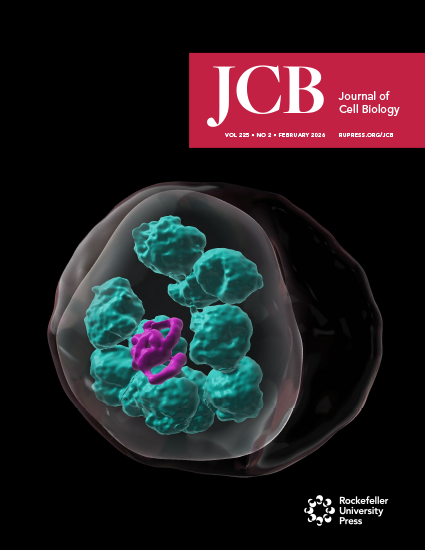
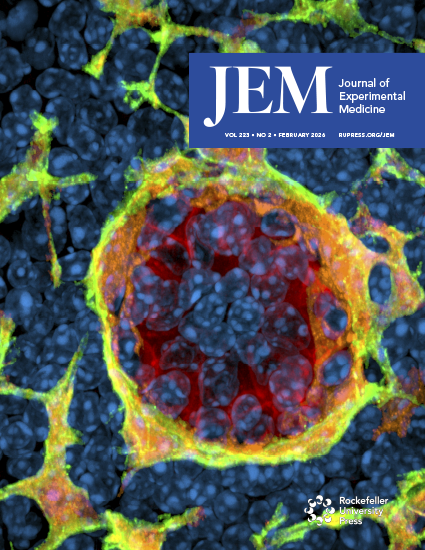
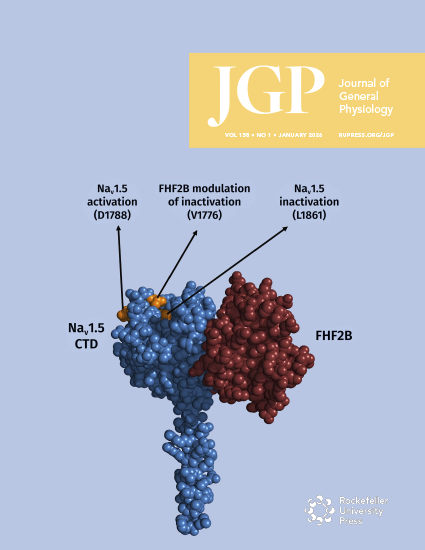
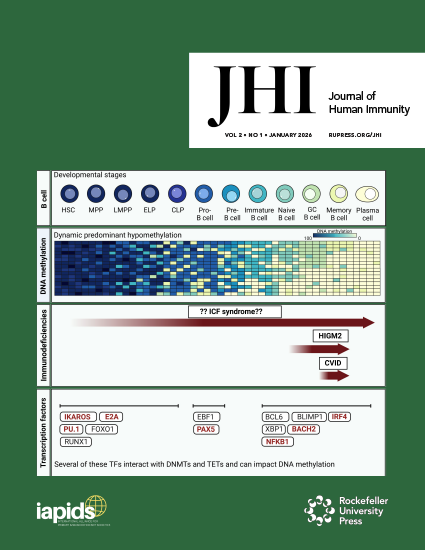
 Librarian Info Kit (PDF)
Librarian Info Kit (PDF)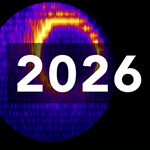 Subscription Guide (PDF)
Subscription Guide (PDF) Read & Publish Guide (PDF)
Read & Publish Guide (PDF)





